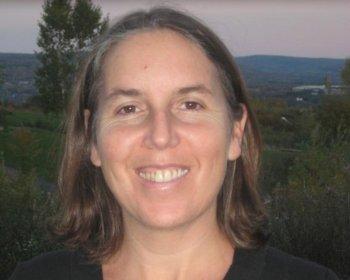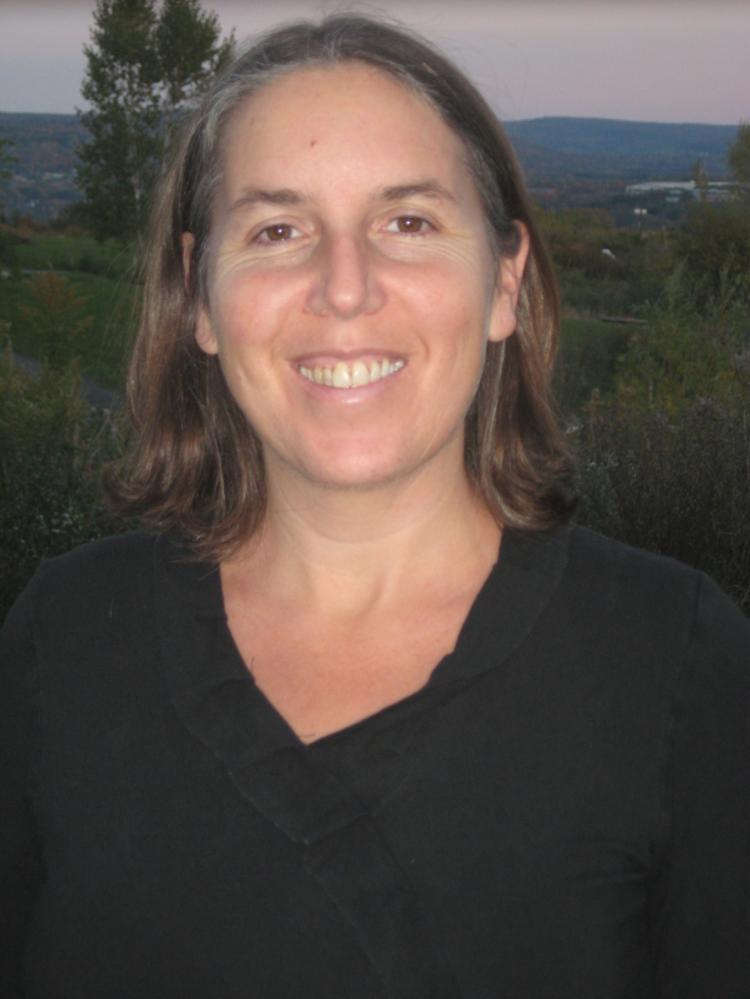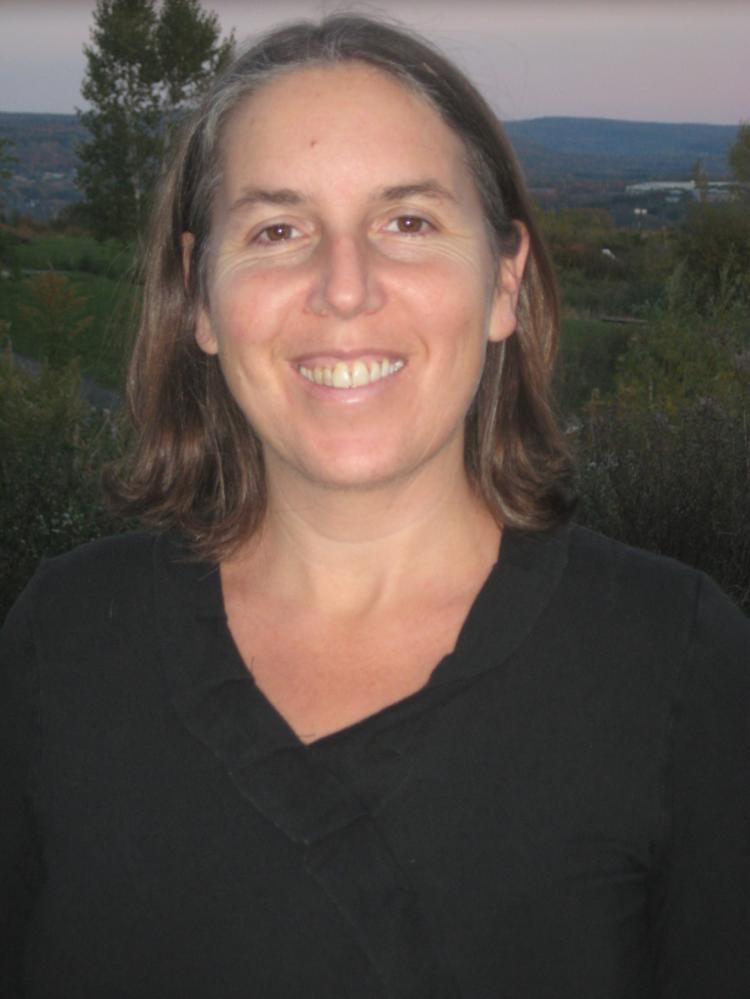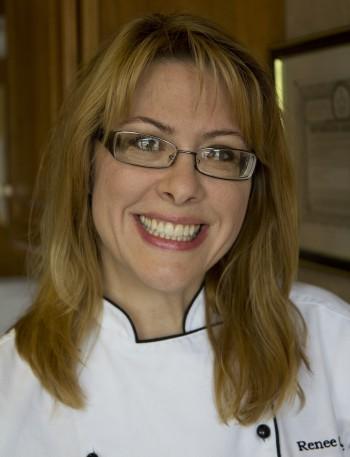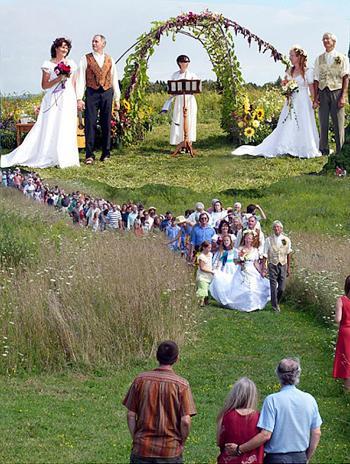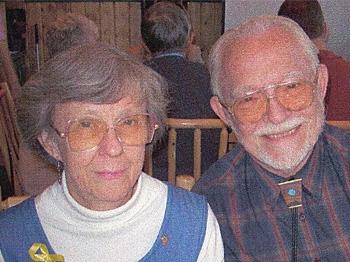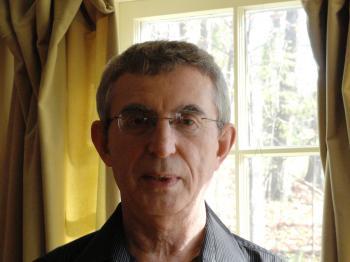For the last two decades, Dr. Berman, 40, has been gathering data on the health and care of all who are born to mothers and who in their turn are mothers themselves.
The heart of her focus comes from the preponderance of women who follow her practice as an alternative doctor, and her own pathway to health following Mother Nature’s instructions.
Dr. Deanna Berman, ND, has lived in EcoVillage for eight years. She was born in Long Island but grew up in Woodmere, NY, from age 5 to 17.
Her grandmother Yaya lived an aristocratic life, riding horses, playing the piano, being an arts patron, and she raised her daughter Merrill—a blonde slim beauty—to be a dazzling socialite. Next in this line of succession was to be Deanna.
But Deana felt strongly that she wanted not to be in line: she says, “From an early age, I felt different from the rest of my family and this feeling of being different expanded to other areas in my life. In college, I joined many clubs—Hillel, a sorority, etc, but didn’t feel like I fit anywhere.
“Growing up in Woodmere was unnatural for me. I never felt like I fit in. Becoming anorexic in my teens was an attempt to be like everyone else and to finally fit in.
“As a child, I remember going to the mountains, the Catskills, and riding a horse into the hills with my father. These times in the mountains were some of the most peaceful times for me. It was an escape from the constant trying to be something I was not.
“What saved me from self-destruction in my younger years were my friends, especially one friend I had known from elementary school. I didn’t know it then, but these people were like angels supporting me through hard times.
“I remember a strong sense of love between my parents, but at some point when I was about five years old, something changed between them. I don’t think they stopped loving each other, I think it may have been boredom or a need for something new that led one or both of them into the arms of other people.”
“My father worked in the South Bronx, on a street full of filth and violence. I spent many days of my school vacations visiting him at work. I remember feeling scared. I would wander around the store— where he worked with my sister—watching women hit and yell at their children.”
Deanna’s anorexia landed her in hospitals; it familiarized her with the many paths to recovery offered by a variety of healthcare callings.
Finally, what saved the day was when one of the doctors told her that she would not be able to bear children if she did not put on weight.
In Deanna’s search to heal herself, she learned from another doctor that in order to help heal her body, she should stop drinking coffee. When she did that, her frequent terrifying, repetitive nightmares ceased.
She had intuited the truth of the connection between mind and body. She wanted to communicate that to all mothers and daughters.
Her Yaya believed that Deanna knew everything, and Merrill, her dazzling mother, told her that she could be anything she chose to be. With such voices running in her head, how could she not learn to accept the plasma she inherited from them?
Other reality instructors belong with these two: a high school teacher and a chiropractor, first mentioned natural ways of healing imbalances in the body. The idea of drugless therapies, and following Mother Nature began to become the direction of her life.
A great new idea bloomed in Deanna’s mind: Mothering saves the day. She was not only blessed by her Mother voices, but she would find her own salvation by being a mother.
It was at this point that one of the doctors treating her anorexia and food aversion happened to say to her, “You can’t have children, unless you put on weight.” It was timely. Cathedral bells woke her up to her choices.
Step by step she moved towards her life’s work. She says,” When I first visited Bastyr University, a school of naturopathic medicine, I finally felt like I belonged.
“Bastyr was located in Seattle, Washington. Seattle felt so large—the sky against the mountains was expansive! I was set up to stay with a Bastyr student, who happened to be studying midwifery as well as naturopathy.”
When the student told her what midwifery was, Deanna told herself, ‘I will be a midwife,” recognizing that her true calling was Mothering; she also decided to find her own salvation as a mother.
The mind-body connection continued to show her the way. The desire to be a mother, the desire to help women, grew, and in her considerable practice as one with a doctorate in naturopathy, Deanna began to realize that she had to write a book, a manual on: The Health of Mothers and Daughters.
“Mothering,” Deanna explains, “is the one inviolable sacred trust I place over all else. Boys need mothers too, but since I have two daughters of my own whom I have raised in EcoVillage, Ithaca, whom I want to protect, and because of the lives of the women who follow naturopathy in my practice, I want to write a book about the mind/body connection in the health of mothers.
I would like to close with the voice of an Irish Nun, Sr. Bernadette McCarrick from my own work, who wrote that self-mothering is frequently erased by “shock or shame or loss” and that mothering involves all life “ born of mothers”, she ends her poem addressed to her mother Brigid with the couplet that Mothering is: “letting children go and children grow” (1996).

